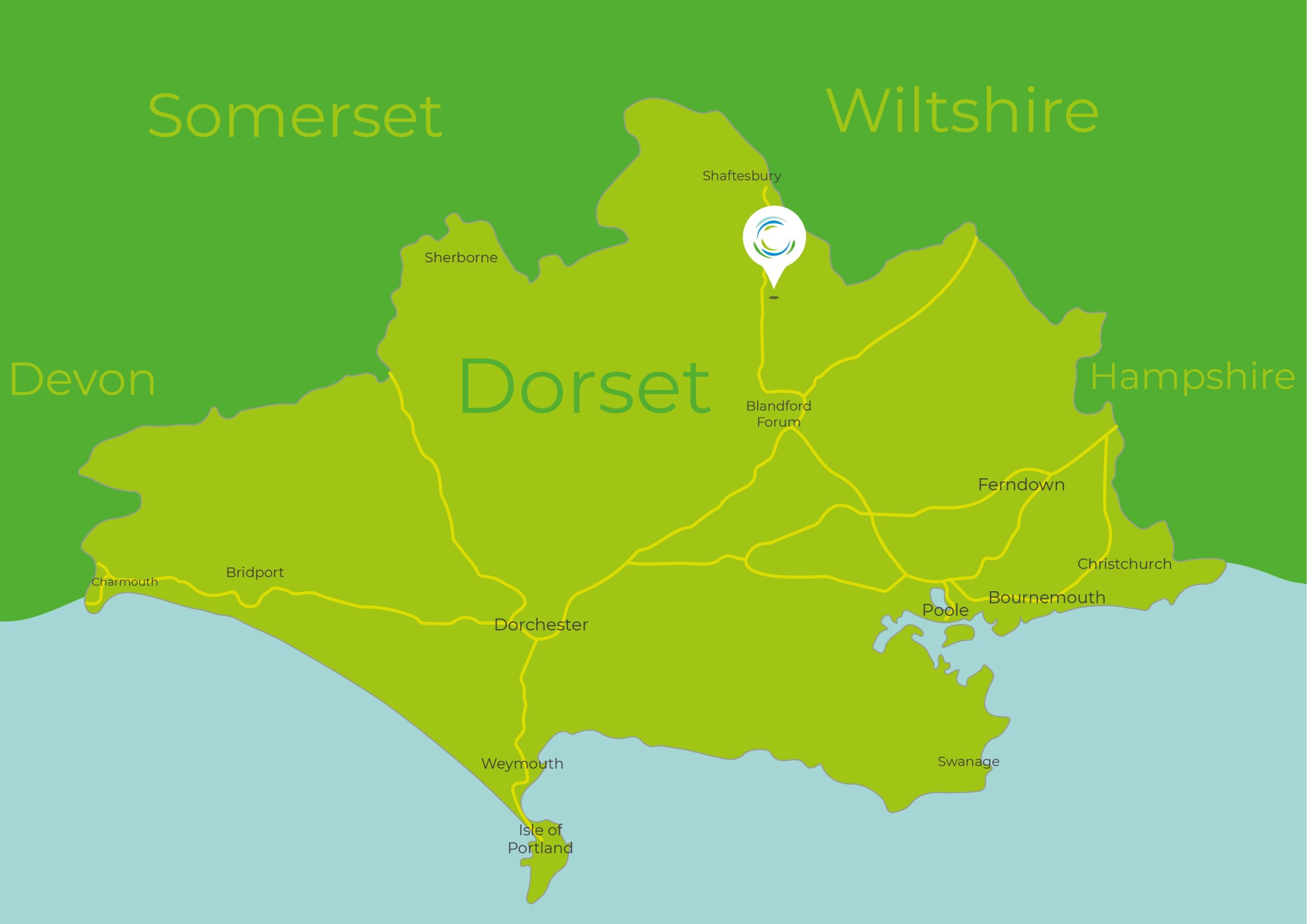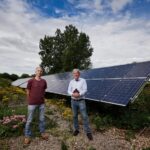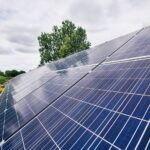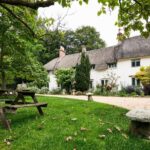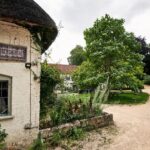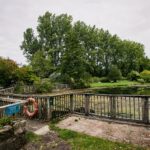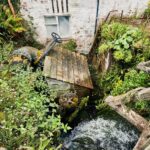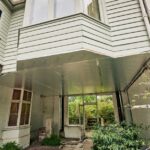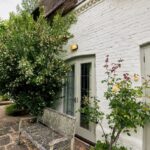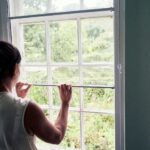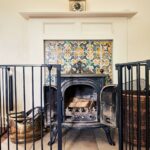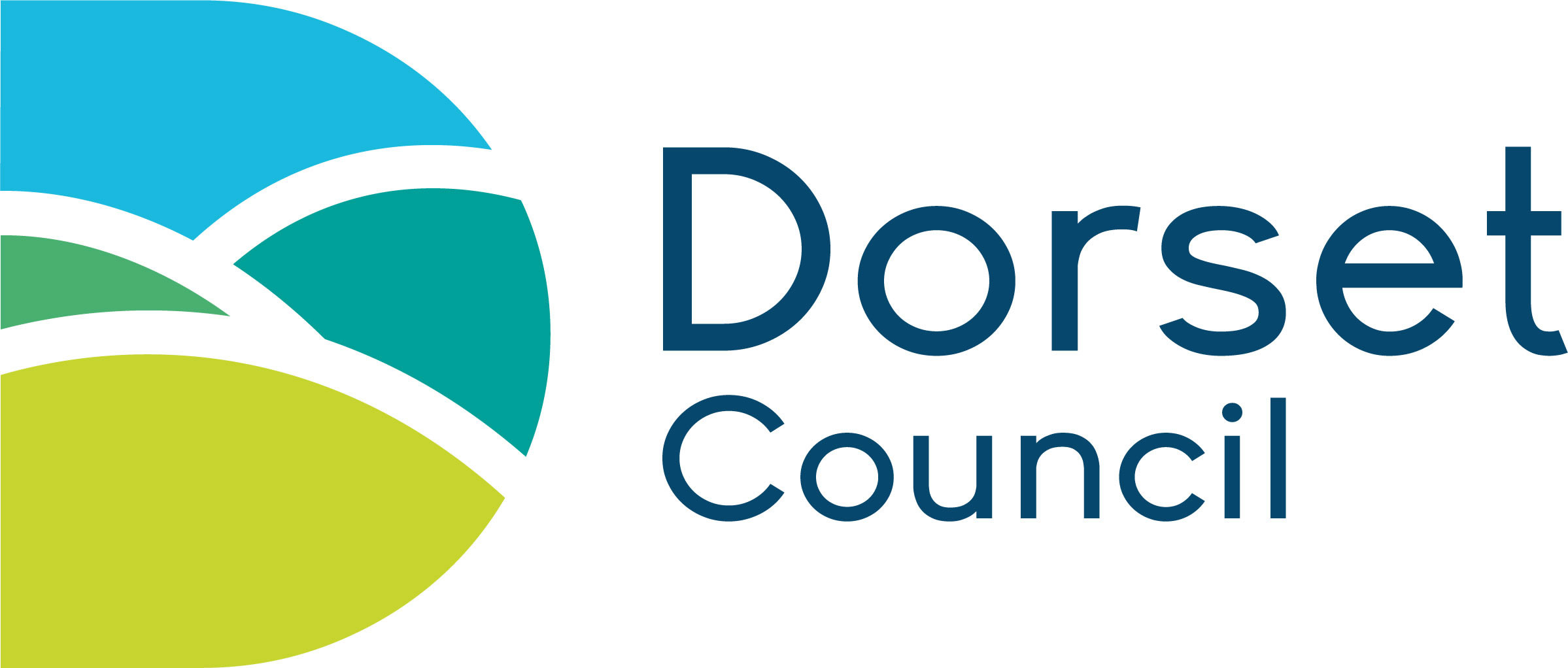From their site in Fontmell Magna, Springhead Trust run a rural centre for creative and sustainable living. The charity’s mission is to encourage people of all ages and backgrounds to experience and value the rural environment and to learn about the sustainable use of natural resources.
A key objective at Springhead is to practice and demonstrate techniques and principles associated with a more sustainable way of life. Prior to seeking support from Low Carbon Dorset the trust had already invested in a number of renewable energy measures. These included a hydro turbine which takes advantage of the year-round flow of water from the lake at Springhead and a ground mounted solar PV array.
However, their inefficient and draughty buildings were proving to be a big challenge on their road to becoming net-zero and this is where Low Carbon Dorset was able to help. We were able to recommend and support several bespoke measures that would help improve the energy efficiency of their buildings and reduce their emissions.


